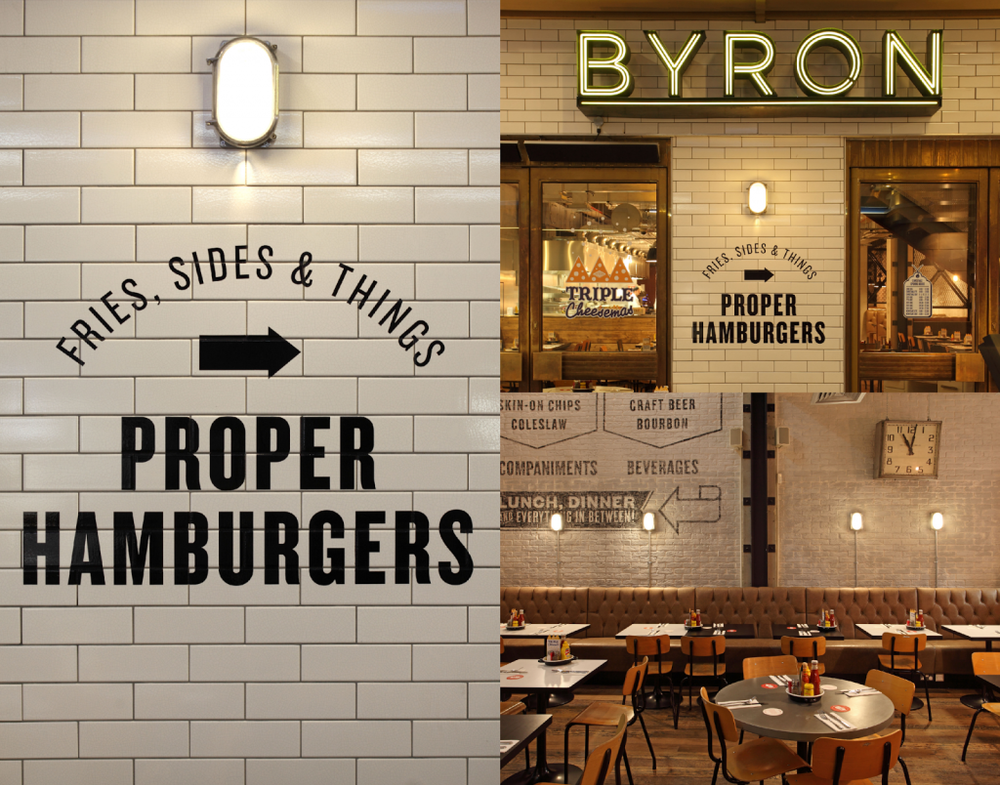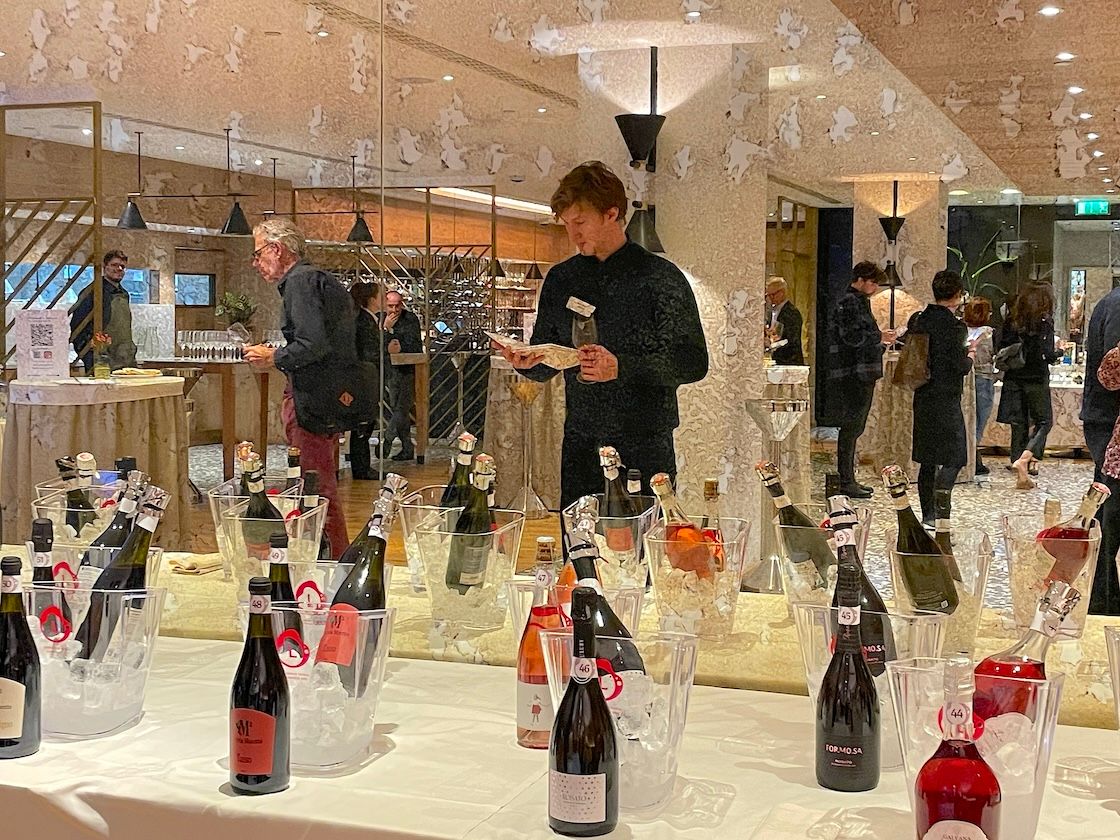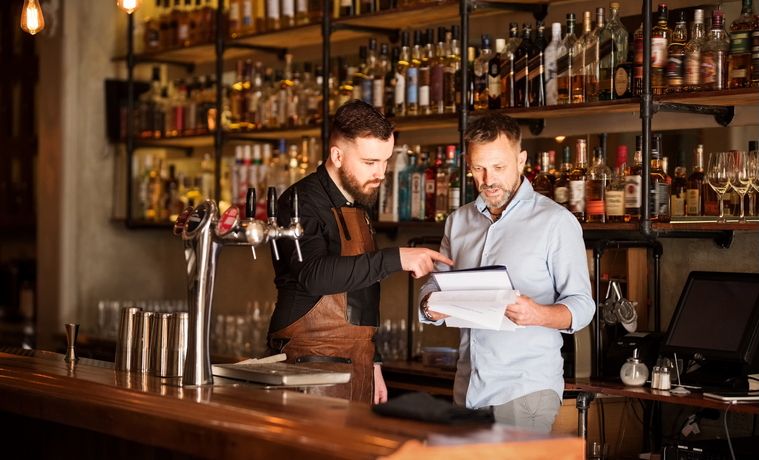Despite fears amongst many restaurant and pub leaders sales across the on-trade were up in July as diners continue to spend despite uncertainty over Brexit.
The early signs for the on-trade in a post-Brexit Britain is that there are more winners than losers with London again leading the way. But there is going to be increased competition amongst the different on-trade channels to convince customers to spend their money with them.
That’s the top line analysis that can be taken from the latest figures from the Coffer Peach Business Tracker that monitors the sales figures of leading, pub, restaurant and casual dining chains across the country.
The overall figure for managed pub and restaurant groups in the UK saw an increase of 0.3% in sales in July on the same period last year, which is particularly encouraging in that it came in the wake of all the uncertainty that enveloped the country in the weeks after the referendum vote on June 23. Latest figures from the Coffer Peach Business Tracker show, however, that performance was not uniform across the market, with London operators seeing a healthy 2.9% like-for-like sales uplift against July 2015, while those outside the M25 saw like-for-likes
But it was London that really boosted the figures. Perhaps it was all those Remain voters who went out to cheer themselves up, but it helped the London restaurant and on-trade scene grow by 2.9% on July 2015.

CGA’s Peter Martin: analyses the on-trade performance on a monthly basis
Peter Martin, vice-president of CGA Peach which produces the Tracker report along with the Coffer Group and RSM, said the industry should be relatively pleased about not only these initial figures, but what it means for the sector in the coming months. They are also in stark contrast to the more pessimistic mood amongst many of the industry chiefs in the sector. “The market will be relieved, however, that trade has more than held up post-referendum as confidence among the bosses of
“The market will be relieved, however, that trade has more than held up post-referendum as confidence among the bosses of pub and restaurant chains took a tumble after the vote, as our own exclusive CGA Peach research showed. Interestingly, operators in London emerged as slightly more upbeat about business prospects in the wake of the vote than their colleagues outside the M25, in part down to anticipation of increased UK tourism – and that seems to have been reflected in sales on the ground. The London market is looking more robust.”
He added: “Pub groups also did better than restaurant chains, but that was probably more to do with the good weather than anything else.”
Split performance

There was a split in performance between managed pub groups and the casual dining sector with the pubs doing better seeing a like-for-like increase in sales of 0.9% in July, compared to a 0.6% drop in like-for-like sales in casual dining chains. “Sunny weather always favours pubs over restaurants, and that is particularly true during holiday periods,” added Martin.
As for the overall year picture, like-for-likes are running at 0.8% up on the year to the end of July. This breaks down to 1% growth in restaurant chains and pub groups up 0.7%.
“It’s been a fairly sluggish market so far this year and the Brexit vote doesn’t appear to have altered that trend one way or another – and July’s performance was actually stronger than April or May’s. The eating and drinking out sector remained fairly resilient during the uncertainty of the recession and it may not be too optimistic to expect that people will continue to go out to eat and drink during the current uncertain times,” said Martin.
Resilient market

Coffer’s Mark Sheehan says the market is showing signs of resilience
Mark Sheehan, managing director at Coffer Corporate Leisure, said: “These numbers show some resilience post-referendum. While we expect to see costs continue to increase and margins erode over the coming months, putting pressure on profitability for the hospitality sector, a weaker pound should be particularly helpful for attracting tourists to London and other mainstream tourist centres. The pub sector continues to outperform restaurants, where we do expect to see further pressure on sales outside London.
“From a transactional perspective, following the referendum we experienced an initial hesitancy from the market to make big property commitments, but now that the initial shock has passed we continue to see similar activity as we did prior to the vote. A weaker pound is again attracting certain overseas buyers to target the UK where they see value.”
Paul Newman head of leisure and hospitality at RSM, added: “While warnings of the UK entering into a recessionary period persist, these results suggest this is not something that operators in the eating and drinking out sector are yet experiencing en masse. Indeed, post Brexit many of our clients are now moving ahead to more effectively plan and refine business models with increased certainty.
“The overall environment for deals remains strong. In fact, we completed more corporate finance transactions in July than in any other month so far this year with banks and private equity both continuing to deploy capital. The UK is a genuine world leader in leisure and hospitality and operators have consistently proved themselves to be adaptable, agile and resilient in the face of change. One of the biggest benefits to come out of the EU referendum result was certainty – certainty that at least we now know the direction of travel.”









































